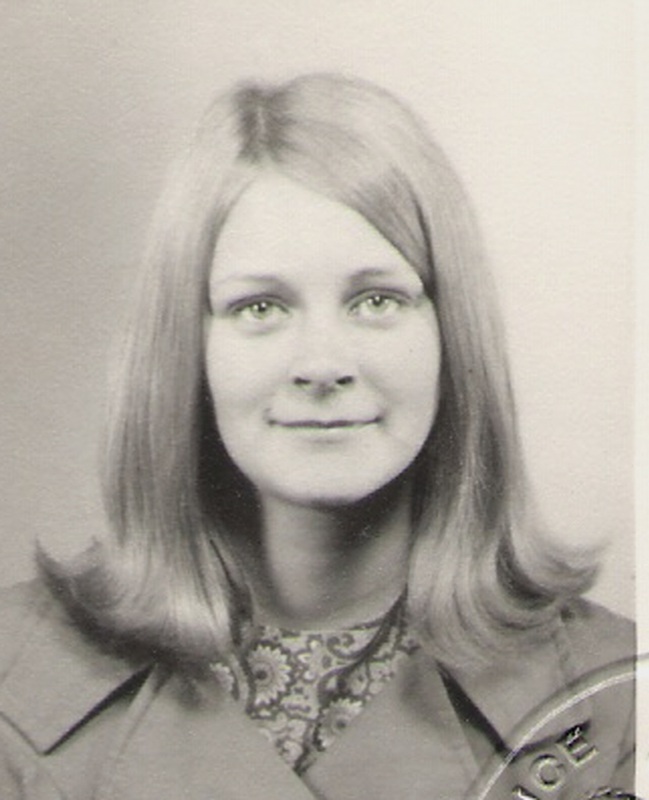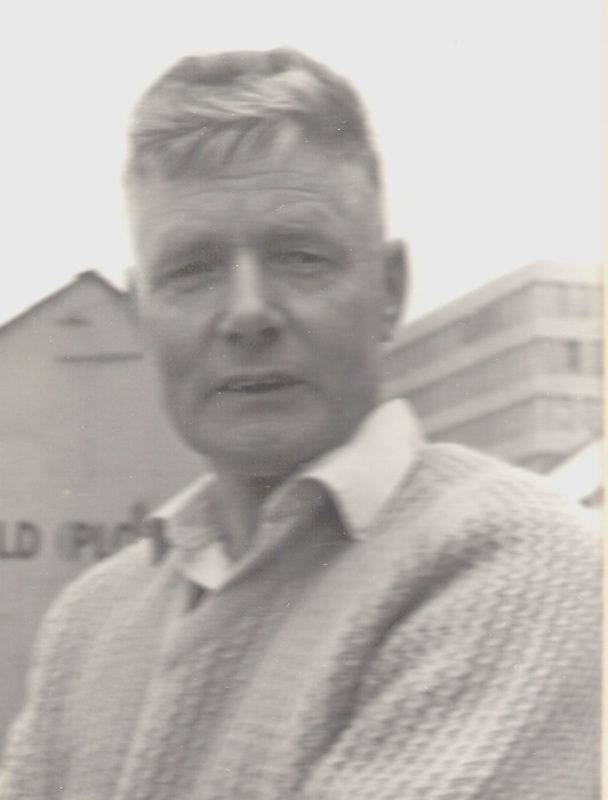In the morning, we rose, had breakfast and then motored back past Dalrymple and into Wreck Bay. As soon as we were cleared by the authorities, not an easy task as the authorities were somewhat suspicious and officious. A friend, Tom Blackwell, came over from another boat, the Islander, bringing with him oranges, bananas and lemons which were very acceptable as our fresh fruit purchased in Balboa had run out ten days before.
Tom had left Panama the day before us and had taken 19 days to reach Wreck Bay, but motored a lot of the way. Roscops (who had left Wreck Bay this very morning, for Academy Bay) had left Balboa four days before us and had had good weather for the whole of the trip and had taken only 11 days.
Tom had left Panama the day before us and had taken 19 days to reach Wreck Bay, but motored a lot of the way. Roscops (who had left Wreck Bay this very morning, for Academy Bay) had left Balboa four days before us and had had good weather for the whole of the trip and had taken only 11 days.
Wreck Bay, the port of entry for the Galapagos, has only 30 or 40 houses, mostly shacks and there are several shops where one can buy the barest essentials in shoddy but not cheap commodities. Food was priced at fabulously high prices but fruit was reasonably cheap, but after having bought some we found that it grew wild in the hills and was free for the picking. There are several stores where one can buy the barest essentials in shoddy, but not cheap, hardware, drapery etc. and staple foods like flour, rice and sugar, with a most odd and unusual assortment of tinned and packet groceries, at fabulously high prices. For instance; 12 sucres (5/-) for the smallest tin of hot dogs and 28 sucres (11/8) for a medium size packet of detergent.
The harbour dues were ridiculously high and quite a blow to our finances, added to this we could not work out how they arrived at the figures they charged. They charged both Tom and us 16 dollars U.S. although Tom’s boat is 30 tons, compared to our 5½. This was quite a blow to our finances (When we got to the next settlement, where we met more yachts, we found they had all paid odd amounts up to 24 dollars, with not a clue as to how the figure was arrived at).
It took us a week to clean ship and ferry out water to top up our tanks, and we had to strain and sterilize every drop as it was full of green weed. Then we left together with two other boats for a distance of 30 miles to Academy Bay. At Academy we anchored alongside and spent the evening having a re-union party on the board of Roscops. Here we met Gus Angermier, who first came from Germany to live here in 1938. I had read in many travel books about Gus and found him very likable and entertaining. He gave us lots of useful information about where to go and what to see and invited us to his home. Our boat was anchored just below Gus’s house and about 200 yards from the settlement landing place.
In a small boat, the movement prevents one from doing a lot of maintenance at sea. At sea, we only use fresh water for drinking and cooking, and if we wash clothes in salt water they get stiff, so we save our washing for port and do some everyday until it is all clean again.
So we have a routine: get up, bathe, have breakfast, wash up, make a shopping list and then go ashore, taking our water cans with us. We go in the morning because it is cooler and also in lots of places the shops are only open in the morning. It is best to go ashore each day and stock up in easy stages and get fresh bread at the same time. We bring back 8 gallons of water each day, until our tanks are filled and our laundry done.
The harbour dues were ridiculously high and quite a blow to our finances, added to this we could not work out how they arrived at the figures they charged. They charged both Tom and us 16 dollars U.S. although Tom’s boat is 30 tons, compared to our 5½. This was quite a blow to our finances (When we got to the next settlement, where we met more yachts, we found they had all paid odd amounts up to 24 dollars, with not a clue as to how the figure was arrived at).
It took us a week to clean ship and ferry out water to top up our tanks, and we had to strain and sterilize every drop as it was full of green weed. Then we left together with two other boats for a distance of 30 miles to Academy Bay. At Academy we anchored alongside and spent the evening having a re-union party on the board of Roscops. Here we met Gus Angermier, who first came from Germany to live here in 1938. I had read in many travel books about Gus and found him very likable and entertaining. He gave us lots of useful information about where to go and what to see and invited us to his home. Our boat was anchored just below Gus’s house and about 200 yards from the settlement landing place.
In a small boat, the movement prevents one from doing a lot of maintenance at sea. At sea, we only use fresh water for drinking and cooking, and if we wash clothes in salt water they get stiff, so we save our washing for port and do some everyday until it is all clean again.
So we have a routine: get up, bathe, have breakfast, wash up, make a shopping list and then go ashore, taking our water cans with us. We go in the morning because it is cooler and also in lots of places the shops are only open in the morning. It is best to go ashore each day and stock up in easy stages and get fresh bread at the same time. We bring back 8 gallons of water each day, until our tanks are filled and our laundry done.


 RSS Feed
RSS Feed